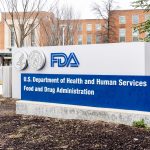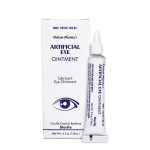
While adult bed rails are marketed with safety in mind, they need to be used with caution, the U.S. Food and Drug Administration advises. “Many death and injury reports related to entrapment and falls for adult portable bed rail products and hospital bed rails have been reported to the FDA and the CPSC [U.S. Consumer Product Safety Commission],” the FDA said in a new webpage. Use bed rails with care, especially with older adults and people with altered mental status, physical limitations and certain medical conditions, the FDA advised. The FDA regulates bedrails that are sold for medical purposes. These might be used to help someone who is disabled, injured or recovering from surgery to transfer in and out of bed, and reduce the risk of falling or fracture. Those not marketed for medical purposes are instead considered consumer products and are under the jurisdiction of the CPSC. Sometimes these types of equipment are called side rails, bed side rails, half rails, safety rails, bed handles, bed canes, assist bars, grab bars, and adult portable bed rails. The FDA’s new webpage explains some of the risks associated with bed rails and offers some safety advice. Bed rails typically are divided into three distinct types, according to the FDA. There are portable bed rails for adults, portable bed rails used for children, and hospital bed rails… read on > read on >





































